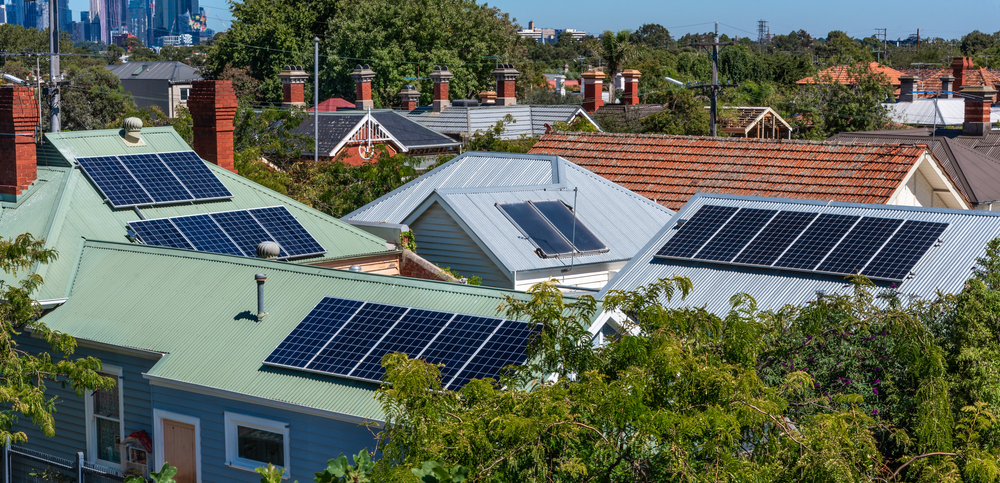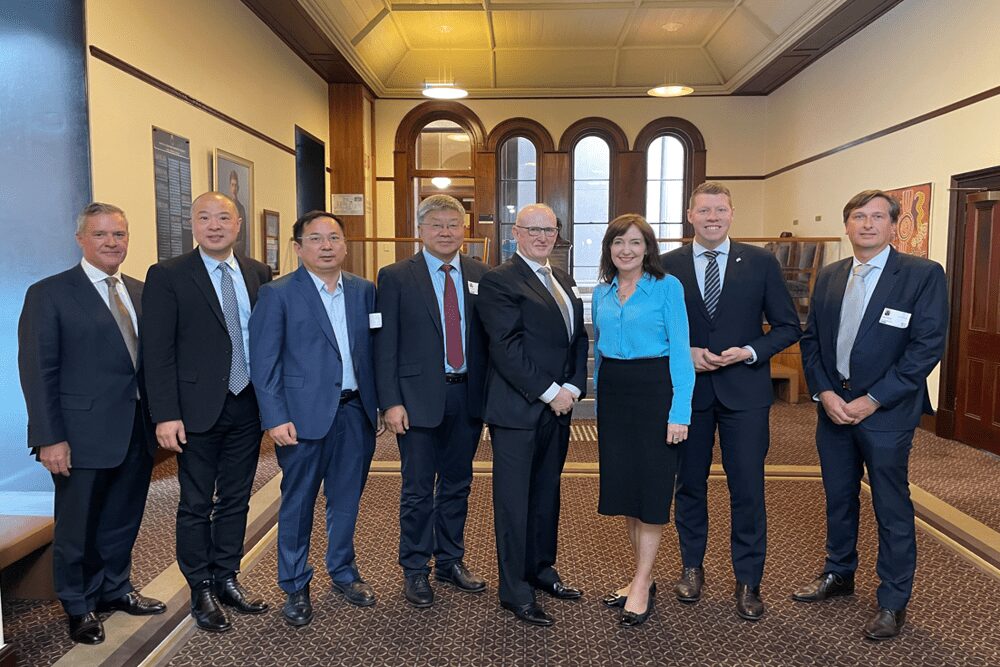
The Australian Energy Market Commission (AEMC) has made more preferable draft electricity and retail rules to integrate distributed energy resources (DER), such as small scale solar and batteries, more efficiently into the electricity grid.
The draft rules represent a package of reforms that:
- Acknowledge the important role that distribution networks play in harnessing the benefits of distributed energy;
- Enable these benefits to accrue to all electricity system users;
- Support the decarbonisation of the electricity sector;
- Clarify networks’ role in providing two-way services;
- Realign networks’ incentives to efficiently provide export services; and
- Enable more advanced pricing approaches so as to make the best use of the grid.
Energy Networks Australia (ENA) Chief Executive Officer, Andrew Dillon, said the draft decision recognised changing customer needs and the shift to a more renewable, smart energy grid.
“Customers are rapidly adopting DER like rooftop solar and batteries and that is changing the role of distribution networks,” Mr Dillon said.
“The AEMC’s draft decision will help networks support the increasing number of customers who want to connect solar and export their energy into the grid.”
“Without changes to how DER is managed, the ongoing growth in solar means networks would increasingly need to restrict power exports or even block solar connections to prevent voltage spikes and even local blackouts.”
“This rule change will incentivise networks to invest in a smarter grid that can better support a two-way flow of electricity as more customers both consume and export electricity.”
Mr Dillon commended the AEMC on the significant engagement it had undertaken across a broad range of stakeholders.
ENA noted that it looks forward to working with the AEMC and customers in providing feedback on this draft determination.
Overview of the draft rule:
The Commission’s draft determination represents a major set of reforms. It recognises that consumers expect the electricity grid to support both the use and export of energy and participate in the growing range of markets, now and into the future.
Key aspects of the draft rules include:
- Updating the regulatory framework to clarify that distribution services are two-way and include export services. This officially recognises energy export as a service provided by distribution networks and gives consumers more influence over what export services networks deliver and how efficiently they deliver them.
- Promoting incentives to efficiently invest in, operate and use export services. This will encourage distribution networks to deliver export services that customers value. Currently, there are no financial penalties for poor network export service and no rewards for improvements.
- Enabling distribution networks to offer two-way pricing for export services, allowing them to develop options that reward owners of distributed energy resources for sending power to the grid when it is needed and charging them for sending power when it is not. This is designed to reward customers for actions that better use the network or improve its operations, and helps allocate costs in a more equitable and efficient way.
- Allowing flexible pricing solutions at the network level, enabling distribution networks to develop pricing options to suit their capability, customer preferences and jurisdictional policies.
The AEMC notes that extra safeguards will ensure existing and new solar customers – and non-solar customers – are protected.
The draft determination does not mandate default charges for exporting power.
If a network wanted to introduce export charging, it would need to consult extensively with customers and have a transition plan, approved by the Australian Energy Regulator, detailing how this would be done.











